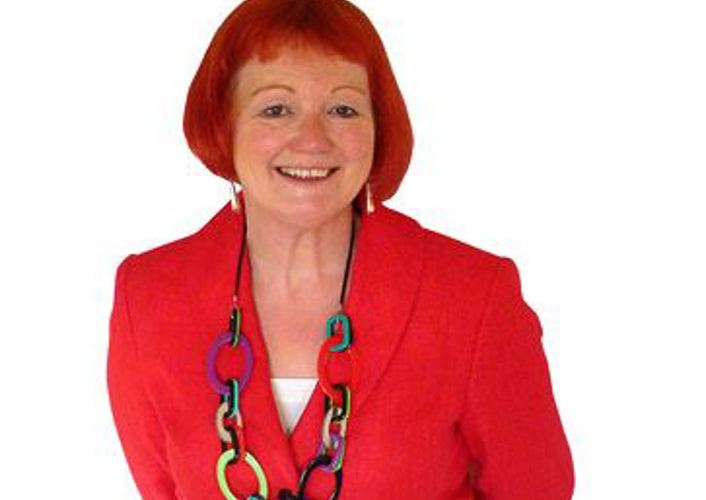The increasing perils of social media and its impact on children’s wellbeing

Following recent comments by the Children's Commissioner regarding online safety, Pam Hutley, Headmistress at Hollygirt School, argues that the digital world can often be a fantasy world fuelled by the ability to pretend and to digitally enhance.
Following the news reports last week from the Children’s Commissioner for England, that youngsters are not prepared for what they are signing up to on the internet, are frequently giving personal information away and do not know how their data is being used due to the "impenetrable" terms and conditions, it got me thinking about where responsibilities start and stop. How can adults protect children (some of whom really would not choose to be protected at all)? This led on to a general brainstorm about the perils of digital media and the negative impact on our young people.
So, onto the first point: whose responsibility is children’s online safety. Is it the government’s responsibility? The commissioner has called for a digital ombudsman to be created to uphold their rights. Surely a good start.
Is it the responsibility of social media sites to make clear and simple their privacy rules and to flag up when these are changing? Clear and simple, that is clear and simple for a child user and for the unwitting adult.
Is it the responsibility of the parent? In truth, we all know that most parents have little clue what their children use and how it works. I know from experience that some more cunning children have multiple user names which their parents are not aware of, even secret phones so following a child’s activities can require some covert operational planning, even for the savvy.
Is it the school’s responsibility to educate? A little like I switched off in the 1970’s when we had endless talks on STDs, I am not sure a school can make a significant impact once a user has been hooked on digital media. And make no mistake about it. I think using social media is an addiction. (Not just for children - but more dangerously so). It has been recommended that children should study "digital citizenship" to learn about their rights and responsibilities online. I think all schools do - as part of their ICT/Computing programme, as part of PSHE lessons, and for me by bleating constantly in assemblies. But is it all falling on deaf ears? As for ‘compulsory lessons’, I question what we remove from our packed curriculum to make way for such.
Can children really be expected to fend for themselves? To understand the perils of an adult world? To negotiate the minefields they get blasted by and to come out unscathed?
We are all (parents, carers, social care, children’s mental health providers, police, and so on…) picking up the pieces of the fall out: damaged children whose perception of the world, whose understanding of the nature of friendship and whose grasp on reality is skewed.
Where did it all go so wrong? Social media surely is intended to enhance relationships, to build friendships, to retain contacts… It can. But not at the expense of real, tangible experiences. This is where the problems start. Children are drawn into the enticing worlds of other people’s often imaginary lives. They befriend people they do not know, who may not even be who they pretend to be, and engage in often personal dialogue, sharing images and releasing much that should be private. When questioned about whether they would give the next passing stranger a photograph of themselves in their underwear (or worse) every teenage girl will snort and say of course not.
So… There are many worlds we all inhabit. Let’s take two: the real world and our fantasy world. The latter, once the land of dragons and princesses, has turned into the cyber world where everyone creates for themselves a perception of utopia, where all individuals are beautiful, perfectly formed, perfectly able, with everything going for them. They have perfect families, loving relationships, and hundreds of friends – all fuelled by the ability to pretend and to digitally enhance. This is as unreal as the dragons. It is fine while ever we recognise it as fantasy, but the danger exists where the two worlds collide. When the ‘friend’ lures you in to their real existence, when the endless perceptions of perfection serve only to emphasize our faults, then we are all vulnerable. None more so than the teenager, who begs to be liked and gets the opposite, who can’t separate the real from the fake.
Should you need convincing try watching the short video released by the Leicestershire Police following the murder of 15-year-old Kayleigh Haywood in 2015: 'Kayleigh’s Love Story'.

